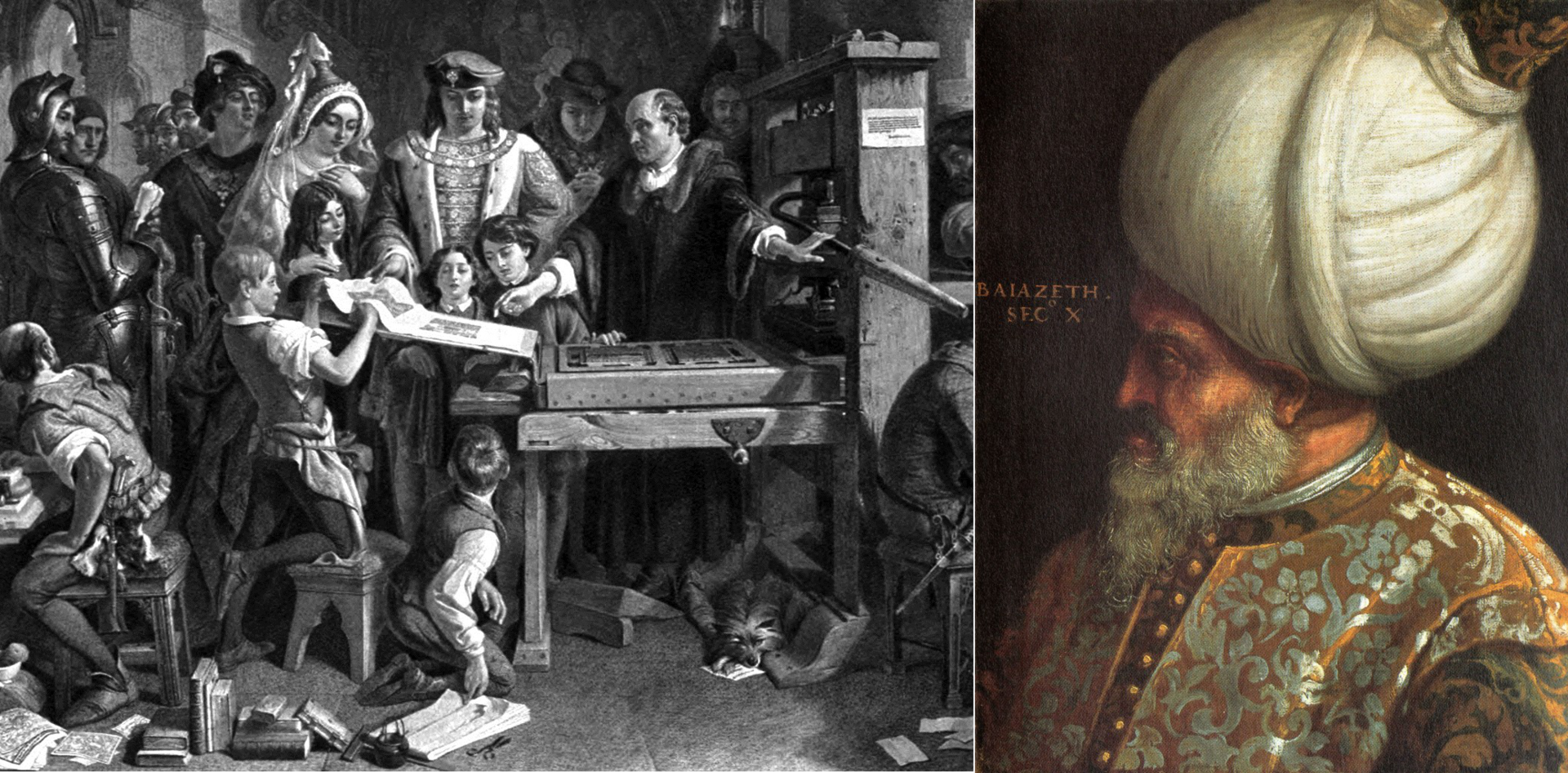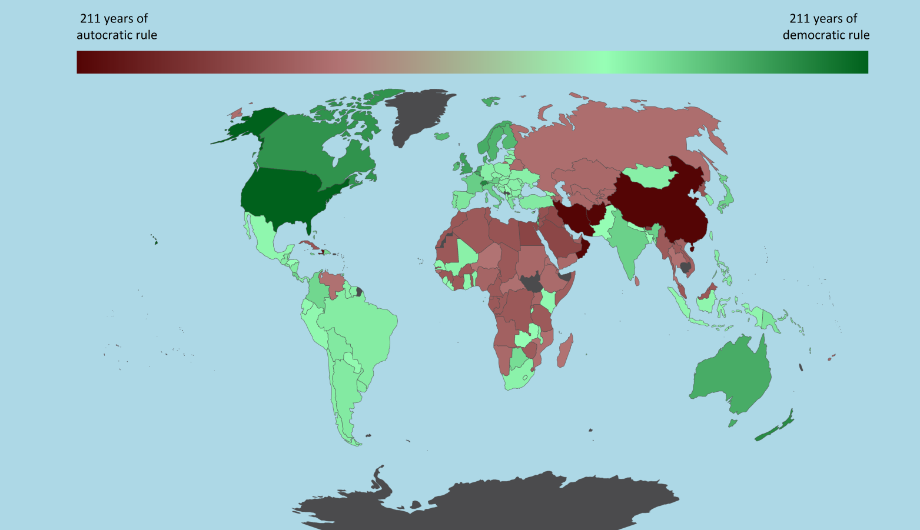About the Project
Every day, the lives of people around the world are affected by the political regime of the countries in which they live, the operation of courts, the quality of civil society organizations and other political institutions. DEEPI will study the impact of such regime components and particular institutions on economic growth and redistributive policies. Political institutions are widely thought to matter for the selection of economic policies and subsequent economic performance; yet, it remains unclear which exact institutional structures matter, what particular outcomes they matter for, and which background factors condition these relationships. This knowledge gap stems, in part, from the lack of data tracking detailed institutional features over time.
DEEPI will address this gap by contributing to the construction of two unique datasets. Firtst, DEEPI will construct the Historical Varieties of Democracy dataset with a very large number of institutional indicators coded as far back as 1789 for all independent countries but also some semi-autonomous polities. Second, DEEPI will expand the Social Policies around the World dataset on eligibility features and redistributive potential of different social policy programs (from 19th century). These datasets, with long time series, provide unprecedented opportunities to identify effects of particular institutions, which are often slow-moving and highly correlated.
“In cooperation with experts around the world, the data collected by DEEPI will establish a new standard in the literature for tracing the institutional origins of wealth and poverty.“
- Carl Henrik Knutsen, project manager
DEEPI will make important contributions by developing precise arguments on how specific institutions incentivize politicians and others to pursue actions with consequences for growth and redistribution, and properly test implications from these arguments. DEEPI divides into three work packages (WPs). The first disentangles effects on growth; it will e.g. analyze whether the participation-, contestation- or civil liberties component of democracy matters more for growth, and whether particular leader-selection institutions in autocracies affect growth. The second analyzes how regime components and specific institutions, e.g. authoritarian party characteristics, affect features of redistributive policies, including what social groups are covered. Yet, growth and redistributive policies are, likely, interrelated, and have feedback effects on institutional design. The third WP will thus link the areas and study dynamics and long-run effects of institutional changes through simulation models incorporating the complexities of these relationships.

In sum, the primary objective of DEEPI is thus to identify which components of political regimes, and which more specific institutional features, affect I) economic growth and II) the propensity to select certain redistributive policies. To this end, the project members will engage in creating novel and more precise theoretical arguments on how particular institutions affect these outcomes, and employ well-designed small-n studies as well as state of the art statistical analysis on novel datasets. This will allow us to detail how, why, and under what contexts different Institutional features matter. The secondary objective, which is indeed a prerequisite for the first being attained, is the collection of ground-breaking datasets. The datasets funded by DEEPI will contain detailed measures of numerous institutions and policies, will be global in scope, and have time series from the 19th century.
Financing
The project is financed by The Research Council of Norway (FRIHUMSAM, Young Talented Researchers project no. 240505). The project runs from 2015 through 2018.
